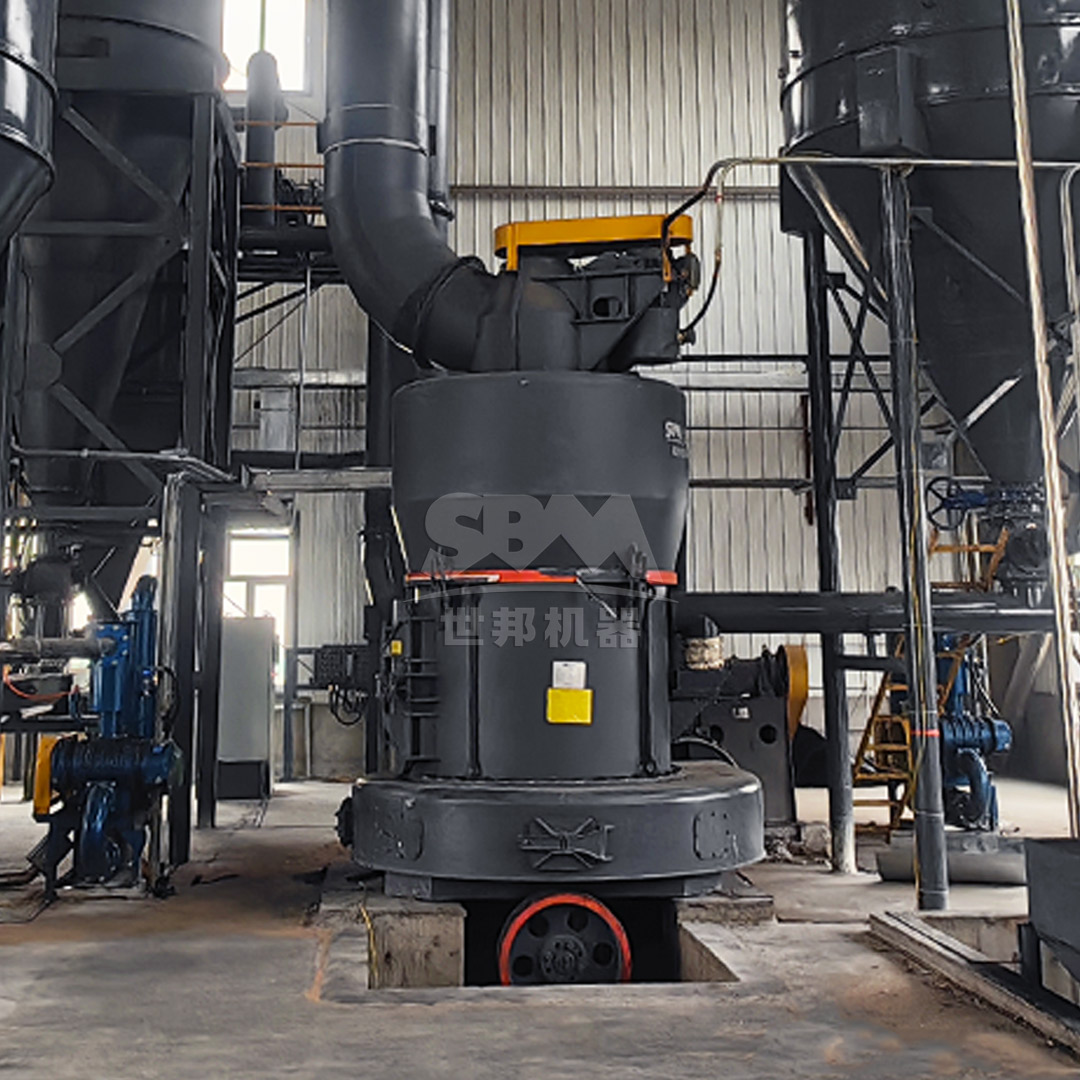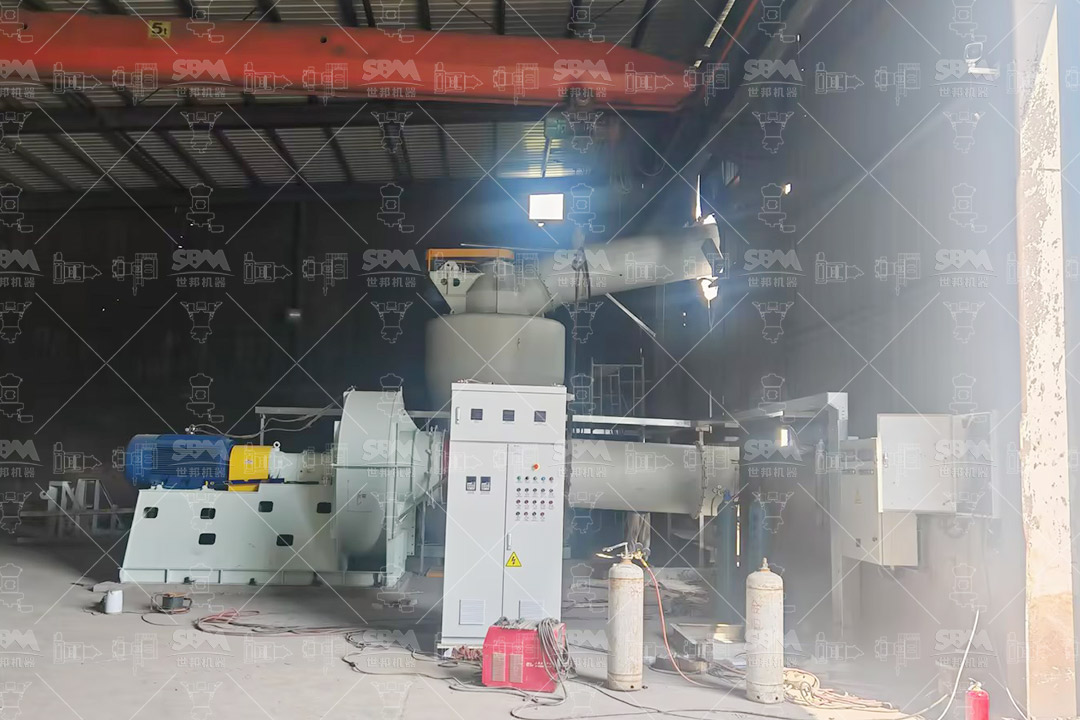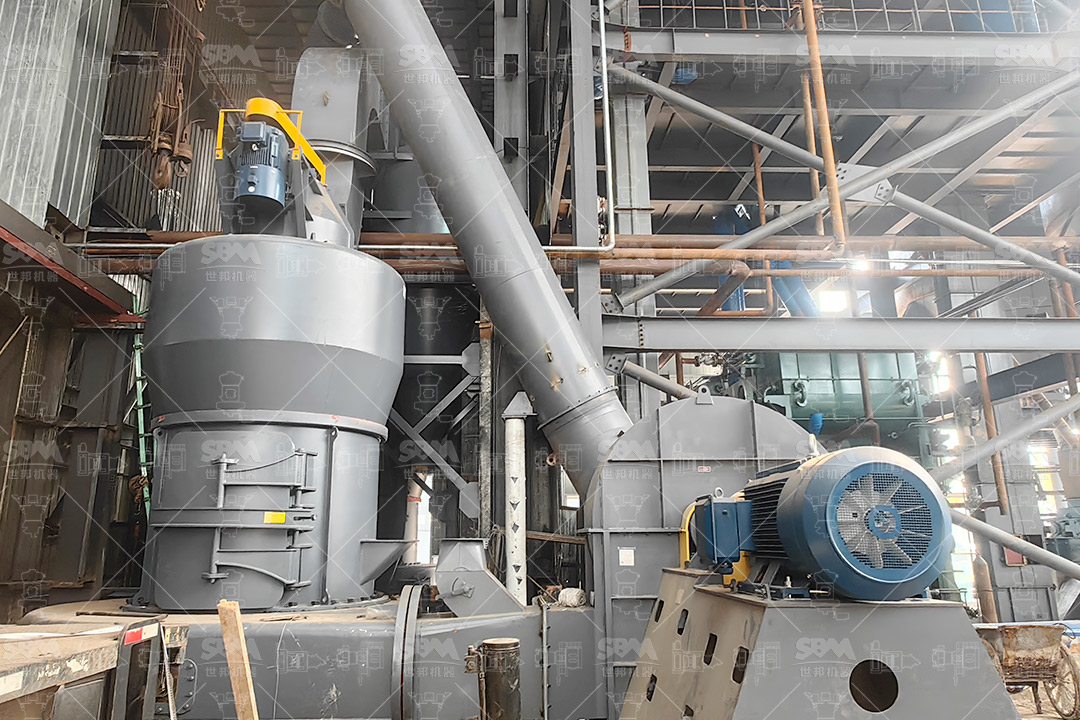The production of carbon black from petroleum coke requires precise particle size control and efficient grinding technology. Selecting the appropriate pulverizing mill is crucial for achieving optimal product quality, energy efficiency, and operational cost-effectiveness. This comprehensive guide explores the key factors to consider when choosing a petroleum coke grinding mill for carbon black production, with specific recommendations for different production scenarios.
Petroleum coke, a carbonaceous solid derived from oil refinery coker units, presents unique challenges for grinding operations. Its hardness, abrasiveness, and variable moisture content require specialized milling equipment. The material typically has a Mohs hardness of 2.0-3.5 but can contain abrasive contaminants that accelerate wear on grinding components. Understanding these characteristics is essential for selecting equipment that can handle the specific properties of your feedstock.
| Material Property | Typical Range | Impact on Mill Selection |
|---|---|---|
| Hardness (Mohs) | 2.0-3.5 | Determines wear part material selection |
| Moisture Content | 0.5-12% | Affects drying system requirements |
| Bulk Density | 0.8-1.1 g/cm³ | Influences mill capacity calculations |
| Fixed Carbon | 80-95% | Affects grinding energy requirements |
The target particle size for carbon black production typically ranges from 325 mesh to 2500 mesh (45-5μm), depending on the specific application. Different mill types achieve varying fineness levels:
Throughput requirements significantly influence mill selection. Small-scale operations may require 0.5-5 ton/h capacity, while large-scale industrial plants may need equipment capable of 25-45 ton/h or higher. Consider both current needs and future expansion plans when selecting equipment capacity.
Grinding operations account for a substantial portion of total energy consumption in carbon black production. Modern mills offer significant improvements in energy efficiency compared to traditional equipment. Look for mills with optimized grinding mechanisms, efficient classifiers, and intelligent control systems that minimize energy consumption per ton of product.
Beyond initial investment, consider the total cost of ownership, including:

For applications requiring extremely fine particles in the 325-2500 mesh range, ultrafine grinding mills offer superior performance. These mills utilize advanced classification systems and precision grinding mechanisms to achieve consistent product quality.
Our SCM Ultrafine Mill series represents the pinnacle of ultrafine grinding technology for carbon black production. With output fineness ranging from 325 to 2500 mesh (D97≤5μm) and capacity from 0.5 to 25 ton/h depending on model, this equipment delivers exceptional performance for high-value carbon black applications.
| Model | Capacity (ton/h) | Main Motor Power | Output Fineness |
|---|---|---|---|
| SCM800 | 0.5-4.5 | 75 kW | 325-2500 mesh |
| SCM900 | 0.8-6.5 | 90 kW | 325-2500 mesh |
| SCM1000 | 1.0-8.5 | 132 kW | 325-2500 mesh |
| SCM1250 | 2.5-14 | 185 kW | 325-2500 mesh |
| SCM1680 | 5.0-25 | 315 kW | 325-2500 mesh |
The SCM series features several technological advantages specifically beneficial for petroleum coke grinding:
For applications requiring 30-325 mesh product fineness with higher capacity requirements, medium-speed grinding mills offer an excellent balance of performance and efficiency.
Our MTW Series Trapezium Mill provides robust performance for carbon black production with capacities ranging from 3 to 45 ton/h. With input size up to 50mm and output fineness from 30 to 325 mesh, this equipment is ideal for medium-to-large scale carbon black production facilities.
| Model | Capacity (ton/h) | Main Motor Power | Output Fineness |
|---|---|---|---|
| MTW110 | 3-9 | 55 kW | 10-325 mesh |
| MTW138Z | 6-17 | 90 kW | 10-325 mesh |
| MTW175G | 9.5-25 | 160 kW | 10-325 mesh |
| MTW215G | 15-45 | 280 kW | 10-325 mesh |
The MTW series incorporates several patented technologies that enhance performance for petroleum coke grinding:
Vertical roller mills offer significant advantages for large-scale carbon black production, particularly when space constraints or high capacity requirements are considerations.
Our LM Series Vertical Roller Mill provides capacities from 3 to 250 ton/h with output fineness from 30 to 325 mesh (special models to 600 mesh). The compact design reduces footprint by 50% compared to traditional grinding systems, with 30-40% lower energy consumption than ball mill systems.
While traditional ball mills can be used for petroleum coke grinding, they generally offer lower energy efficiency compared to modern grinding technologies. Ball mills may be suitable for specific applications where initial cost is the primary consideration and energy efficiency is less critical.

For optimal mill performance, proper pre-crushing of petroleum coke to the recommended feed size is essential. Hammer mills and jaw crushers can effectively reduce raw petroleum coke to the required 20-50mm feed size for most grinding mills.
Petroleum coke with elevated moisture content may require pre-drying to optimize grinding efficiency. Integrated drying systems or separate dryers can be employed depending on moisture levels and production requirements.
Efficient classification is critical for achieving the narrow particle size distributions required for carbon black. Modern mills incorporate advanced air classifiers that provide precise cut points and high separation efficiency. Pulse jet baghouse collectors ensure environmental compliance while maximizing product recovery.
Modern grinding mills feature sophisticated control systems that optimize performance, monitor wear, and ensure consistent product quality. Look for systems with:
A major carbon black producer implemented our SCM1250 Ultrafine Mill for specialty carbon black production. The results demonstrated significant improvements over their previous grinding system:
The installation featured integrated pulse dust collection and automated control systems, ensuring compliance with stringent environmental regulations while minimizing operator intervention.
Carbon black production from petroleum coke presents specific environmental and safety challenges that must be addressed in mill selection:
Effective dust collection is critical for both product recovery and environmental compliance. Modern mills incorporate high-efficiency pulse jet baghouse collectors that achieve emission levels below 20 mg/m³.
Grinding operations can generate significant noise. Look for mills with integrated noise reduction features such as acoustic enclosures, vibration isolation, and optimized mechanical design to maintain noise levels below 80 dB(A).
Carbon black dust can present explosion hazards. Mills should incorporate appropriate explosion protection measures including venting, suppression systems, or inerting depending on the specific application and risk assessment.

Selecting the right petroleum coke grinding mill requires careful economic analysis considering both capital and operating costs. Key factors include:
Initial equipment cost varies significantly based on capacity, technology level, and degree of automation. Ultrafine grinding systems typically command higher initial investment but offer superior performance for high-value applications.
Energy consumption, wear part replacement, and maintenance labor represent the primary operating costs. Modern high-efficiency mills typically offer lower total operating costs despite higher initial investment.
ROI calculations should consider:
The evolution of grinding technology continues to advance, with several trends shaping future mill designs:
Integration of IoT sensors, predictive maintenance algorithms, and remote monitoring capabilities are becoming standard features in modern grinding equipment.
Ongoing research focuses on further reducing specific energy consumption through optimized grinding mechanisms, improved classification efficiency, and waste heat recovery.
Future mills will incorporate more sustainable designs with reduced environmental impact, including lower carbon footprints, reduced water consumption, and enhanced material efficiency.
Selecting the right petroleum coke pulverizing mill for carbon black production requires careful consideration of multiple factors including material characteristics, product requirements, production capacity, and economic objectives. Our SCM Ultrafine Mill series offers exceptional performance for applications requiring ultrafine particles with tight size distribution, while the MTW Series Trapezium Mill provides robust, high-capacity grinding for standard carbon black production. By understanding your specific requirements and matching them to the appropriate grinding technology, you can optimize your carbon black production process for maximum efficiency, product quality, and profitability.
Consult with our technical experts to determine the optimal mill configuration for your specific petroleum coke grinding application. With proper selection and implementation, modern grinding technology can significantly enhance your carbon black production capabilities while reducing operating costs and environmental impact.